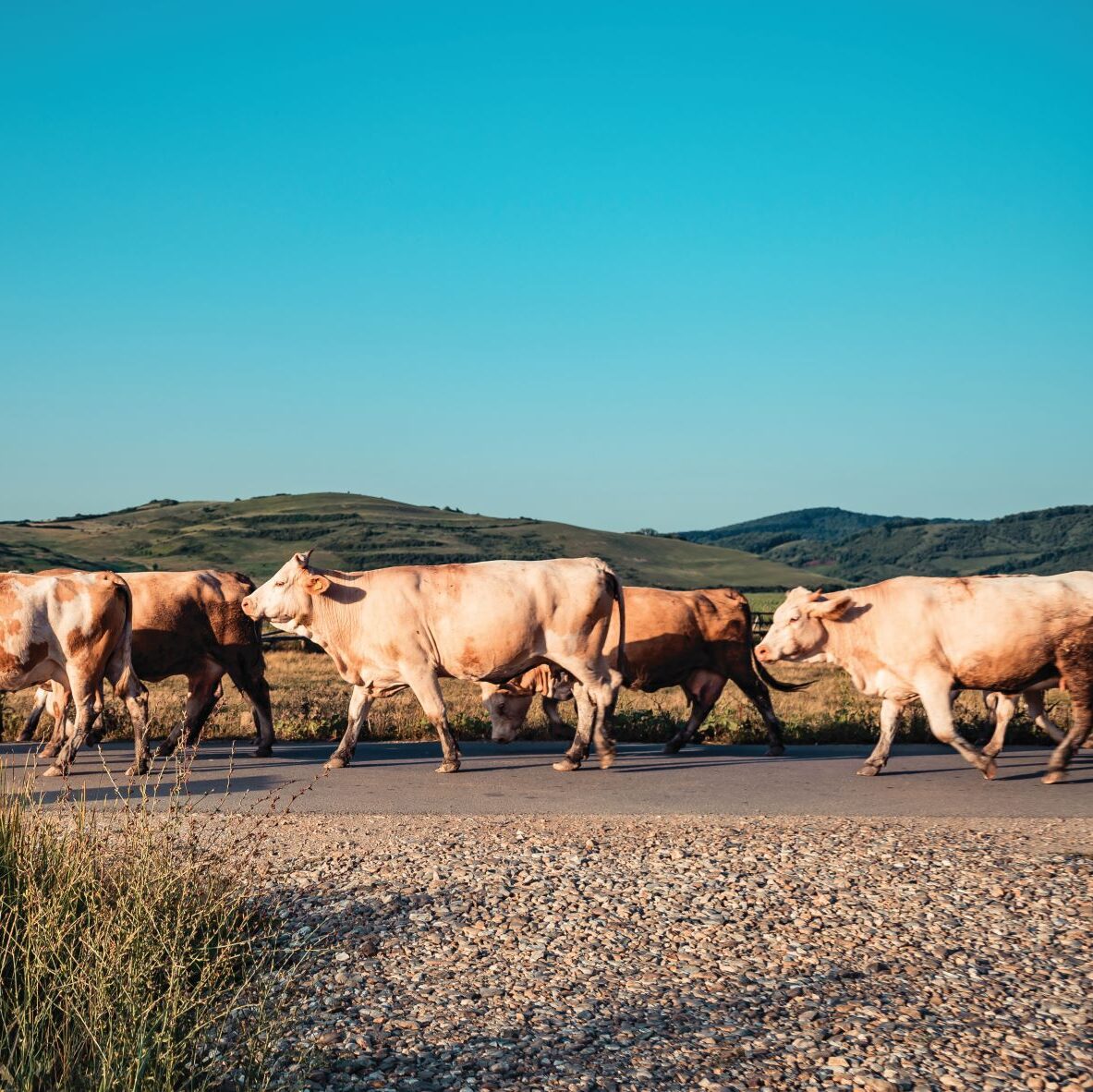
What if the single most effective thing you could do to combat climate change was as simple as adjusting your diet?
Food has a unique ability to bring people together and is at the heart of our society’s traditions and cultures. Many dishes from around the world have transcended the culinary realm to which they belong, becoming inextricably woven into the fabric of our own personal identities. But while we may view our food choices as a personal matter impacting only our own health and wellbeing, the truth is that what we put on our plate has widespread effects on the planet as well. Indeed, more so than any other direct human activity. What we eat is not only at the heart of our own health challenges but also at the heart of our global climate struggle.
It is estimated that the global food system, which combines emissions related to production, transportation, distribution, retail, and disposal of foods, contributes between 21 and 37 percent of global greenhouse gas emissions. This is second only to energy generation, which is responsible for 35 percent of global emissions. Additionally, how we grow our food is one of the main drivers of deforestation, land clearing, loss of biodiversity and soil degradation, while consuming a staggering 70 percent of all freshwater use.
IT’S A DINNERTIME DISASTER
So, how did we get here? Over time, as societies have grown richer and the population has multiplied, we have developed an affinity for resource-inefficient animal foods. What used to be regarded as occasional foods now feature prominently in most meals of wealthy populations globally. In fact, since the 1960s, the global consumption of animal foods more than tripled. While some view these statistics as a positive indicator for the reduction of hunger across the world, this is not the case. A recent United Nations report on food security and nutrition has shown an increase in the number of people suffering from hunger, with over 800 million people around the world being affected.
It is also undeniable that the mass consumption of animal foods globally is having disastrous effects on our ecosystems. This is largely because raising livestock for human consumption is a grossly inefficient process, and one that requires far more land, water and energy compared to growing plants. Raising animals for food also requires colossal amounts of plant crops to feed these animals, all requiring land, water, and fertilizers in their own right. Growing plant crops to feed livestock to later feed humans also diverts valuable plant crops away from human consumption. There is gross inequity in the world when hundreds of millions of people are facing hunger, yet valuable plant food resources are being used to raise livestock to feed wealthier populations.
And the problems of animal agriculture keep compounding. Beyond the resources required to raise animals for food, livestock such as cows and sheep emit copious amounts of methane, a greenhouse gas that is 28 times more potent than carbon dioxide. In fact, livestock alone is said to account for 14.5 percent of global emissions each year and is a key driver in deforestation and land clearing, also having devastating effects on soil quality and biodiversity loss. In short, in a planet bound by finite land and resources with a climate emergency looming, raising animals for mass consumption is extremely questionable.
THE SOLUTION IS IN THE PROBLEM
Here’s the good news though: if the contribution of livestock agriculture to climate change is a substantial one, its potential as a solution could be equally large. A global shift in our diets away from animal foods and back to a plant-focused diet has the potential to result in a meaningful reduction in global emissions. In fact, countless systematic reviews, life-cycle analyses, and meta-analyses have concluded that the consumption of animal-based foods is associated with the highest environmental impacts.
This is in contrast to the consumption of plant-based foods, which is associated with the lowest environmental impact. Recently, a life-cycle assessment found that even the least sustainable plant food is still significantly more sustainable than the best performing animal food from an environmental perspective. There is now irrefutable scientific consensus that a predominantly or entirely plant-based diet is the most environmentally sustainable diet. This is backed by both the United Nations Intergovernmental Panel on Climate Change (IPCC) and The Lancet, one of the most highly regarded journals in the world.
However, because a global shift in dietary preferences will take time to transpire, it’s important to recognise that small individual changes has an impact that contributes to the global shift. For example, one study estimated that if Americans just swapped beef for beans and otherwise remained omnivores, the country’s emissions could sharply decrease to the point that we could meet our internationally-set emission targets. In other words, it doesn’t have to be all or nothing: every reduction in animal agriculture will yield a corresponding benefit.
The latest IPCC Special Report on Land Use and Climate Change compared different diets with their potential to mitigate climate change. At the top of the list was the vegan diet, with no animal-based foods. Following were vegetarian, flexitarian, and then various reducetarian approaches, including pescatarian and climate carnivore. It is interesting to note that the average diet followed by the majority of the population in developed regions of the world was not included in this list – because this diet simply has no potential to mitigate climate change.
COOK FOR THE CLIMATE
If you are lucky enough to live in a region that grants you equitable access to a variety of healthful plant foods, then removing animal foods from your plate is the easiest and single most effective thing you can do as an individual to reduce your carbon footprint and contribute to lowering global emissions. You’ll have a direct positive impact through reduced emissions as well as indirectly by ‘voting with your dollars’ to influence change in both the food industry and government policies.
In the meantime, I think that the more people we can inspire in our lives to contribute to that change, the better off we’ll all be collectively. The bonus of helping our planet in this way is that you’ll also be helping your body thrive with a healthy plant-based diet. Win-win!





















